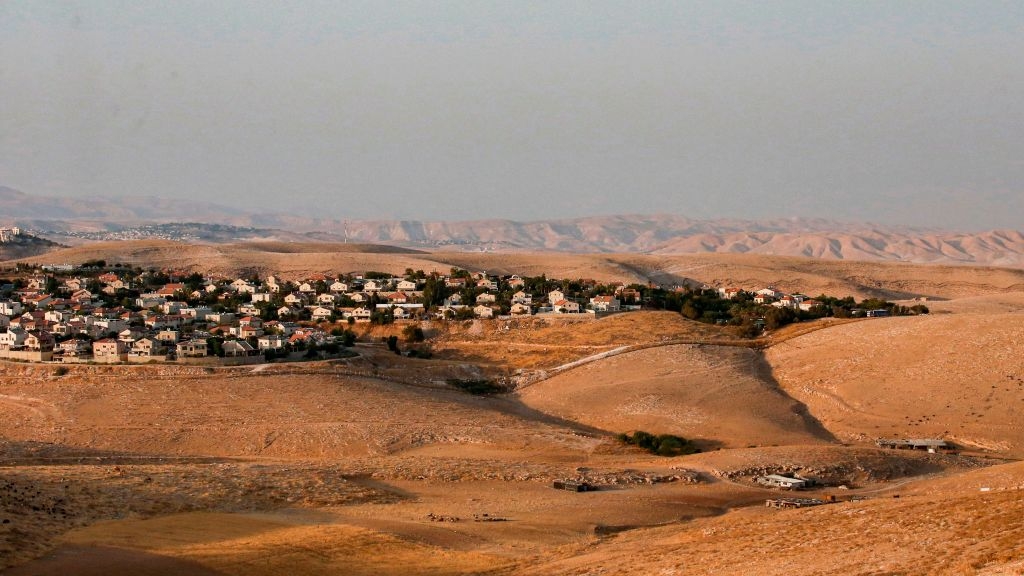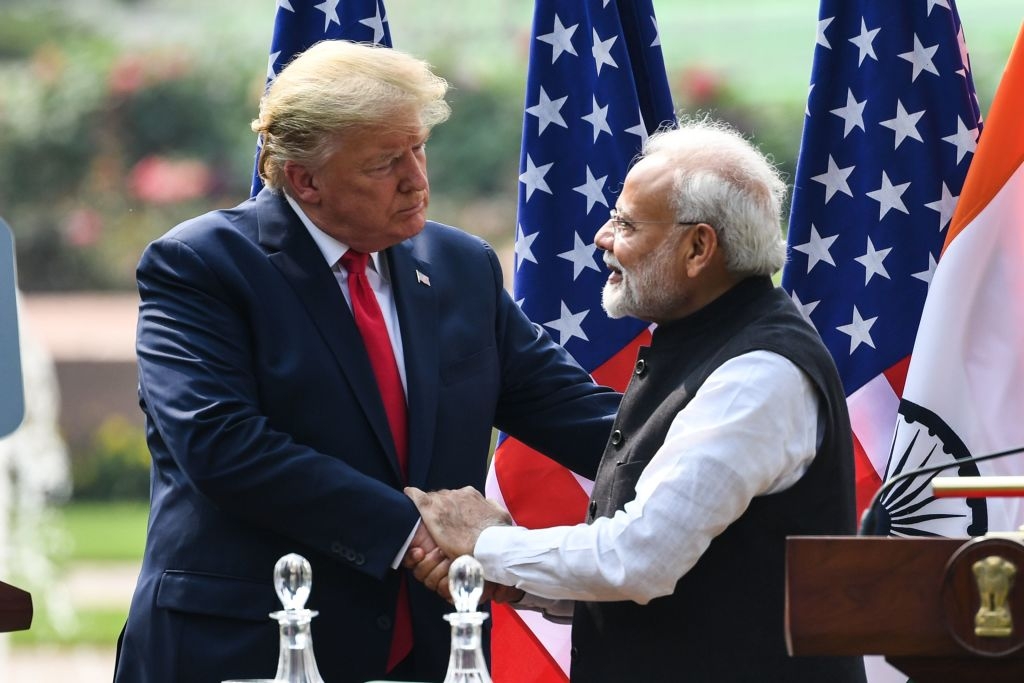In this mailing:
- Michael Calvo: Israel: The Settlements Are Not Illegal
- Vijeta Uniyal: India: Standing up to China in the Post-Coronavirus World
Israel: The Settlements Are Not Illegal
The annexation of lands in Judea and Samaria is not contrary to international law
by Michael Calvo • May 19, 2020 at 5:00 am
Indigenous peoples have the right to the lands, territories and resources which they have traditionally owned, occupied or otherwise used or acquired (Art. 26.1) and that the exercise of these rights shall be free from discrimination of any kind (Art. 2). — UN Declaration on the Rights of Indigenous Peoples (UNDRIP), adopted by the UN General Assembly on September 13, 2007.
Among others, Belgium, Britain, France, Germany, Israel and Luxembourg voted in favor of the Declaration. Since 2007, Australia, Canada, New Zealand and the United States, who voted against, formally endorsed the Declaration in 2010. In their relations with Israel, these states cannot claim that the Declaration does not apply to Israeli Jews, since such position would amount to blatant racial discrimination.
[I]t cannot seriously be contended, as the EU, France, Britain, Russia, China and other states do, that Israeli settlements in the West Bank are illegal and that annexation is contrary to international law. This position is political, not legal.
Article 80 of the United Nations Charter (1945) recognized the validity of existing rights that states and peoples acquired under the various mandates, including the British Mandate for Palestine (1922), and the rights of Jews to settle in the Land of Palestine (Judea-Samaria) by virtue of these instruments. (Pr. E. Rostow). These rights cannot be altered by the UN.
"Except as may be agreed upon in individual trusteeship agreements...nothing in this Charter shall be construed in or of itself to alter in any manner the rights whatsoever of any states or any peoples or the terms of existing international instruments to which Members of the United Nations may respectively be parties." — Article 80, paragraph 1, UN Charter)

According to international law, the Jews are the indigenous people of the lands referred to as Judea, Samaria, Palestine, Israel and the Holy Land. Jewish rights of "settlement" in the so-called "West Bank" therefore exist; it cannot seriously be contended, as the EU, France, Britain, Russia, China and other states do, that Jewish communities in the West Bank are illegal and that annexation is contrary to international law. Pictured: The Israeli settlement of Maale Adumim, at the edge of the Judean Desert. (Photo by Hazem Bader/AFP via Getty Images)
The United Nations Declaration on the Rights of Indigenous Peoples (UNDRIP), adopted by the UN General Assembly on September 13, 2007, by a majority of 144 states in favor, 4 votes against, and 11 abstentions, recognized that indigenous people (also known as first people, aboriginal people or native people) have the right to the lands, territories and resources which they have traditionally owned, occupied or otherwise used or acquired (Art. 26.1) and that the exercise of these rights shall be free from discrimination of any kind (Art. 2).
by Vijeta Uniyal • May 19, 2020 at 4:00 am
In true Orwellian fashion, top Chinese diplomats are still demanding that foreign governments rewrite the history of the coronavirus outbreak.
While India had shown restraint, Communist China has shown little. The Chinese air force has continued its incursions into Taiwanese air space. China has also tightened its grip on artificial islands it created in the South China Sea by setting up fictitious local governments on them. These weaponized islands... trample on the sovereignty of many of its maritime neighbors, including the Philippines, Vietnam, Malaysia, Brunei, and Taiwan.
The United States and rest of the Western world would do well to see the pandemic as a wake-up call and decouple their crucial and strategic sectors from dependence on China in any way. As US General Jack Keane has repeatedly warned the US, China a not a friend; "it is a predator economically, geopolitically and militarily."
The world is looking to India and its Asian Pacific allies, in a strong alliance with the West, to take a stand and face China's increasing military, geopolitical and economic intimidation.

The United States and rest of the Western world would do well to see the pandemic as a wake-up call and decouple their crucial and strategic sectors from dependence on China. In the coming post-coronavirus world order, India is well placed to challenge China's stranglehold over global and regional supply chains. Pictured: US President Donald Trump shakes hands with India's Prime Minister Narendra Modi in New Delhi on February 25, 2020. (Photo by Prakash Signh/AFP via Getty Images)
As coronavirus leaves behind a trail of human suffering and economic devastation, nations across the world have begun asking critical questions about the global pandemic. Countries are enquiring into Communist China's handling of the pandemic, which first appeared late last year in the central Chinese city of Wuhan.
As early as January 14, China had used the World Health Organization (WHO), a United Nations agency, to spread disinformation about the human-to-human transmissibility of Covid-19, a remark that led US National Security Advisor Robert O'Brien later to call the WHO a "tool of Chinese propaganda."
While U.S. President Donald J. Trump faced mostly undeserved, politicized criticism for questioning China's culpability in the spread of the worldwide pandemic and his calls for an international probe into it, more and more capitals across the Western world are making similar demands.
|
|
|
No comments:
Post a Comment